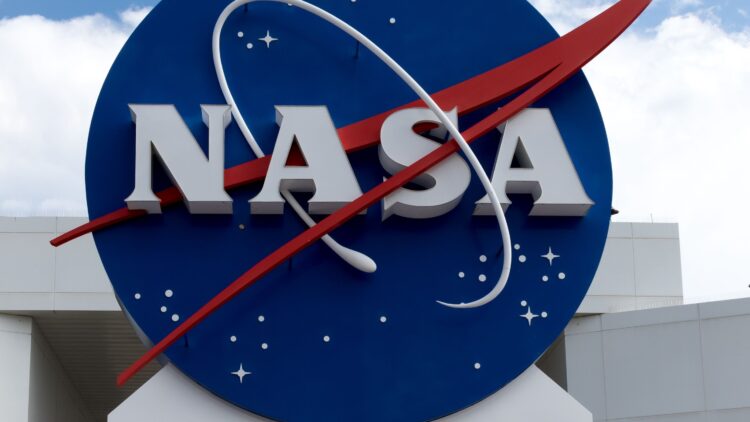Are you ready to take the next giant leap for mankind? It looks like we may be returning to the Moon sooner than you think!
A New To Place To Live!

According to Howard Hu, the leader of Nasa’s Orion lunar spacecraft program, humans will soon be able to reside on the Moon for extended periods of time. Hu emphasized the need for habitats to support scientific missions on the lunar surface .
A Big Win for Earth

According to a recent interview with Laura Kuenssberg, the launch of the Artemis rocket – which carries the Orion spacecraft – was a momentous occasion for human space flight. Currently, Orion is located approximately 134,000km away from the Moon.
The Artemis Rocket Was Successfully Launched

The Artemis rocket – standing at a towering 100 meters – successfully launched from the Kennedy Space Center, marking a significant step forward in Nasa’s plan to send astronauts back to the Moon.
The Artemis rocket carried the Orion spacecraft, which for this inaugural mission was unmanned but contained a “manikin” designed to measure the effects of the flight on the human body.
“An Unbelievable Feeling”

After facing technical issues that resulted in the postponement of two previous launch attempts in August and September, the Artemis rocket finally took flight.
Mr. Hu described the experience as ” an unbelievable feeling” and “a dream,” adding that this mission marks “the first step we’re taking to long-term deep space exploration, for not just the United States but for the world.”
Howard Hu Addresses the World in His Words

“And I think this is a historic day for Nasa, but it’s also a historic day for all the people who love human space flight and deep space exploration.”
“I mean, we are going back to the Moon, we’re working towards a sustainable program and this is the vehicle that will carry the people that will land us back on the Moon again.”
Re-Living the Legacy of Apollo 17

According to Mr. Hu, the Artemis mission, which is currently underway, is progressing smoothly with all systems functioning properly.
The team is preparing for the next burn, which will place the spacecraft into a distant orbit around the Moon.
If this mission is successful, the next one will include a crew, followed by a third in which astronauts will make a landing on the Moon for the first time since the Apollo 17 mission in 1972.
Moon Can Be the New Earth

Mr. Hu likened the experience of monitoring the mission from Earth to that of a concerned parent, but stated that seeing the images and videos transmitted from Orion instilled a sense of excitement and the realization that “we are headed back to the Moon”.
One Crucial Phase Still Remaining

The Artemis I mission’s most crucial phase will be the safe return of the Orion module to Earth. As it re-enters the atmosphere at a speed of 38,000km/h (24,000mph), the shield on its underside will experience temperatures close to 3,000C.
Once the safety of Artemis’ components and systems has been thoroughly tested and demonstrated, the plan is to have humans residing on the Moon within the current decade, according to Mr. Hu.
Mars Is Now More Possible

One of the primary reasons for returning to the Moon is to determine if there is water at its south pole, which could potentially be converted into fuel for spacecraft venturing further into space, such as Mars, according to Mr. Hu.
The Artemis missions are designed to provide a sustainable platform and transportation system that will allow humans to learn how to operate in deep space and pave the way for future Mars missions.
The planned return of the Orion capsule to Earth will be a crucial test of these systems. “We will be sending people to the surface to live and conduct scientific research, as it is vital for us to gain knowledge beyond Earth’s orbit and take the next big step to Mars,” added Mr. Hu.

















































